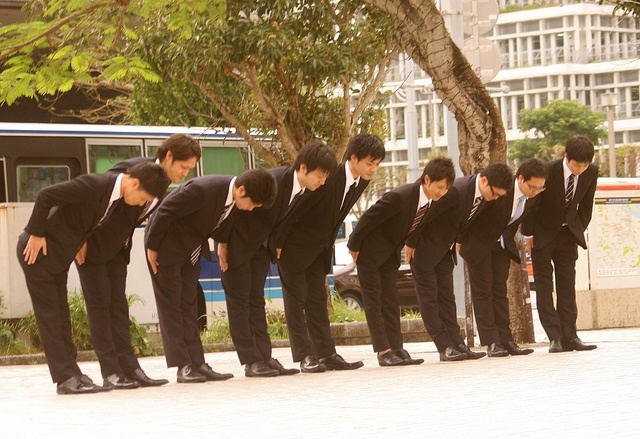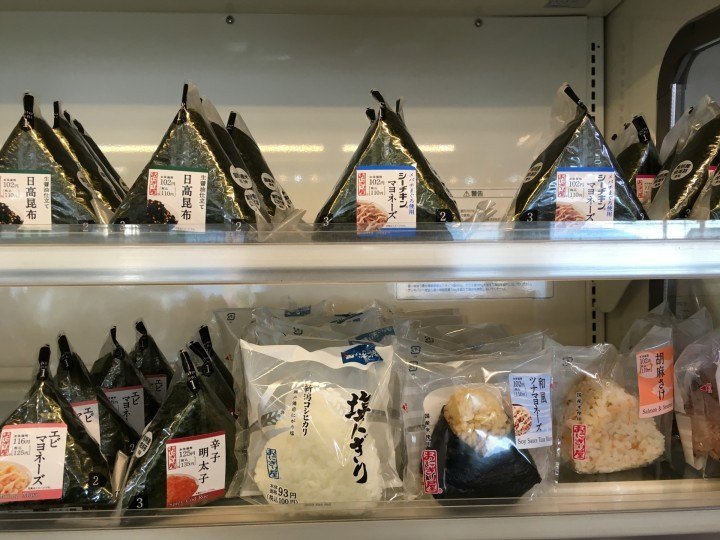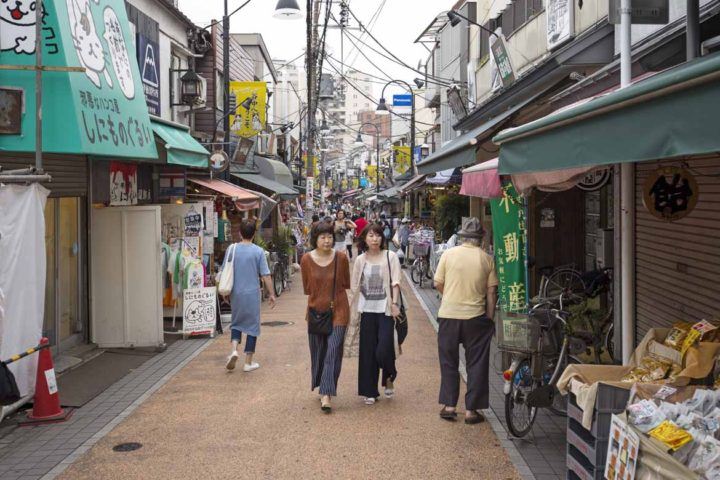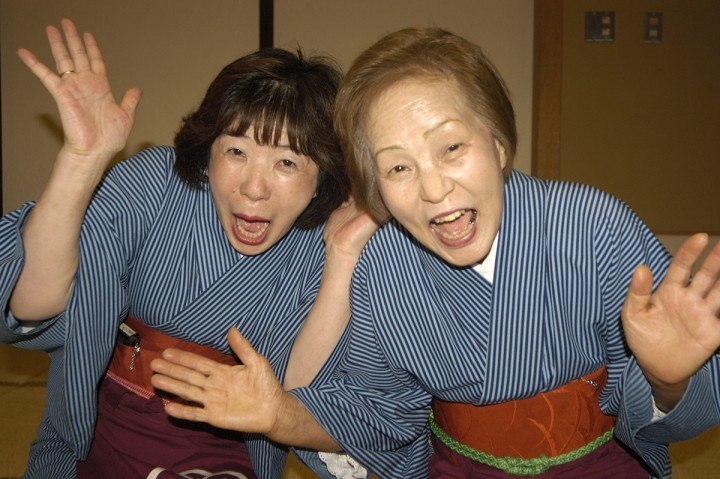Like this post? Help us by sharing it!
Having lived in Japan for years, tour leader Marky Hobold has the ultimate guide to key Japanese phrases, sure to help every traveller out of a pickle.
Japanese phrases
I’ve said it before and I’ll say it again. I’m a firm believer in the adage “when in Rome, do as the Romans do”. You get so much more out of the travel experience by participating in the culture. In Japan, however, it can be a bit tricky. English isn’t spoken much, and most visitors know very little Japanese. If you’re on a group tour, your InsideJapan Tour Leader will do most of the heavy lifting, but you may find yourself in situations where some simple Japanese under your belt goes a long way.
I’ve compiled a list of must know Survival Japanese phrases for any traveller. To keep things simple, let’s forget about the Japanese writing system and just use the standard Romanisation. Japanese pronunciation is really easy. The vowels have the same qualities as Spanish or Italian. If you’re confused about pronunciation, just ask your tour leader and they’ll be happy to help!
In the restaurant
Need to get the waiter’s attention? No problem. Just shout out sumimasen which means “excuse me!” You can use this same phrase when trying to get off a crowded train. It’s actually an apology, so if you feel weird about shouting it, don’t worry. Chances are that in casual restaurants the staff will shout back at you in equally polite language. Most restaurants have picture menus, so you can just point at what you’d like and say kudasai, the polite word for “please give me.”
In the store
You can also use kudasai when shopping. See a set of chopsticks you like? Just point and say kudasai. See some ceramic tea cups you must have? Just point and say kudasai. Of course, maybe you’re looking for something but can’t find it. The Japanese word may be different, but saying the item you want and adding arimasu ka? (“do you have it?”) might help you track down certain things or save you time checking out stores that don’t have the product you’re looking for. For example, kimono arimasu ka? means “do you have kimonos?”
In the taxi
It’s a free day in Kyōto and it suddenly starts raining. You just want to get back to your hotel as soon as possible. What do you say to the taxi driver? Easy! Just say the name of your hotel and add onegai shimasu, which means “please.” Any destination plus onegai shimasu will get you there. If the driver is about to overshoot the spot you want to get out at, you can use koko, onegai shimasu (“here, please”).
On the street
When exploring cities on your own, you may find yourself disoriented. Most Japanese cities have maps everywhere, but they might not always be written in English. You can ask strangers on the street and police for directions easily! Just say the place you want to go to plus “doko desu ka?” (“where is?”). A good example is my favourite fried chicken place in Kyōto. Torikara, doko desu ka? which means “where is Torikara?”
Compliments
Lastly, let’s talk about the words that will earn you brownie points with every family-owned restaurant and ryokan you visit. Complimenting the food is a major part of Japanese culture, and it’s something I encourage you to participate in. To say, “it’s delicious,” the simple phrase you need is oishii desu. If you want to express even more enthusiasm – because, of course you do! – just say totemo oishii desu (“it’s very delicious”).
To get a good laugh out of the staff, you can use the slang phrase yabai desu, which is something like “this is out of control!” Nobody expects you to know that phrase, so you’re sure to get a hilarious reaction.
A final word
Earlier, I said that there isn’t much English spoken in Japan. While this is true, most Japanese have had six years of compulsory English language education from junior high to high school – recently, foreign language training is beginning in elementary school. Depending on the people you interact with, there’s some flexibility here.
That said, people expect your Japanese level to be non-existent, so dropping a few of these phrases not only puts the person you’re speaking to at ease (a Japanese manner), it will also impress them about your respect for their culture. Once again, if you’re confused about the pronunciation, just ask your tour leader!
Ready to try out your new found phrases? Join Marky on one of our Small Group Tours, or contact our team of Japan experts to find out more about planning your trip to Japan.









